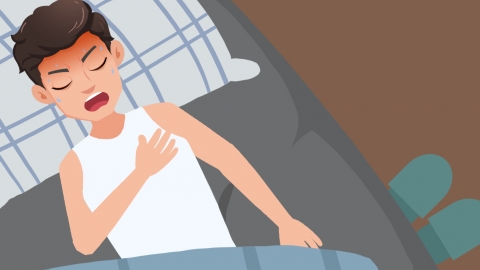Can you take a shower if you have heatstroke?
Generally speaking, whether one can take a shower after suffering from heatstroke depends on the specific circumstances. If the heatstroke is mild, taking a proper shower may help alleviate symptoms; however, if the heatstroke is severe, showering immediately is usually not recommended. Detailed explanations are as follows:

If the heatstroke is mild and only symptoms such as dizziness, mild fatigue, and excessive sweating occur, a quick warm-water shower may be taken after moving to a cool indoor location. Warm water can help clean the skin and dissipate residual body heat, while avoiding cold water-induced vasoconstriction. After showering, promptly dry the body and keep warm to relieve discomfort.
When a patient experiences severe heatstroke, such as a sudden rise in body temperature, confusion, or a drop in blood pressure, the body is in a weakened state. Taking a shower might increase physical exertion or affect circulation due to inappropriate water temperature, thereby worsening symptoms. In such cases, showering is not advisable, and priority should be given to emergency measures such as cooling down and fluid replacement.
To avoid any adverse effects on recovery from heatstroke, if one wishes to shower after experiencing heatstroke, it's important to adjust the water temperature and duration according to one's condition. Avoid showering when hungry or excessively fatigued. In daily life, it's essential to take precautions against heat in high-temperature environments to reduce the risk of heatstroke. If symptoms of heatstroke occur, the first step is to move away from the high-temperature environment promptly.








